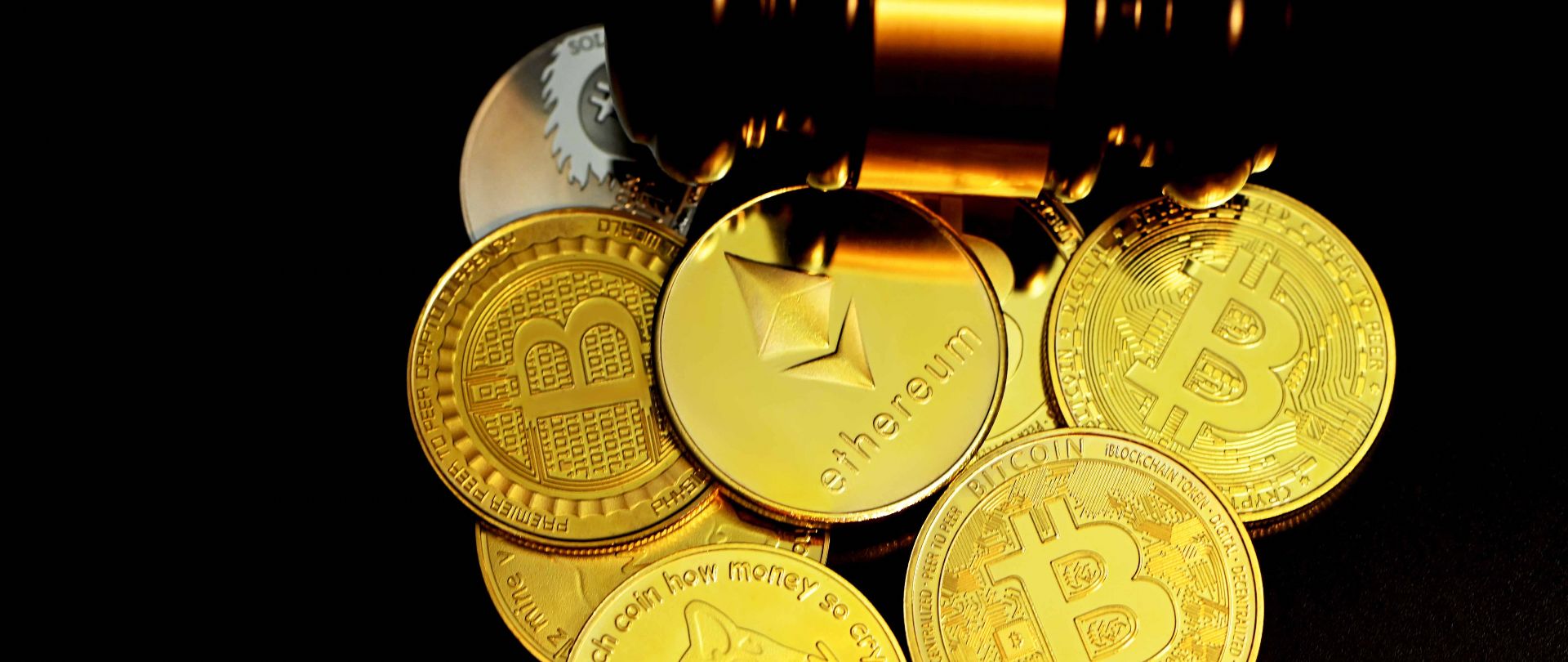Solana is a cryptocurrency project. And like pretty much every cryptocurrency project, Solana promises faster transactions and smaller fees.
However, the real promise in Solana may be in its platform and ecosystem for developing blockchain-based applications.
So, what is Solana, and how does it work? Let's take a look.
What Is the Solana Cryptocurrency?
Yes, Solana does incorporate a cryptocurrency, the $SOL token. As far as "Altcoins" go, it's pretty strong.
The crypto world is subject to rapid change, but at the time of writing writing, SOL is one of the top twenty most-traded coins on Coinbase. The coin reached an all-time high of $56 in May 2021, before a drastic correction to $24 later that week. The coin has been reliably trading above $25 (with some fluctuation) ever since.
SOL is used for transactions within the Solana blockchain but can also be reinvested in the Solana platform in exchange for various boons.
What Is Solana's Blockchain?
Naturally, part of SOL's success is due to the blockchain it is built on. Solana's blockchain provides some significant innovations in the layer 1 protocol, which largely eliminates the need for layer 2 protocols.
Solana claims to be "Proof-of-History," a unique take on consensus that establishes the relative order of transactions—instead of requiring validators to establish transaction times. This approach remains secure but allows greater flexibility for developers and validators.
Even more importantly, this system allows the blockchain to function efficiently regardless of network activity. This gives Solana an advantage over other protocols that can bottleneck when network activity is too high or too low.
Solana also utilizes Cloudbreak. In addition to a distributed ledger that keeps Solana honest, you can think of Cloudbreak as a distributed archive that prevents the transaction history from taking up too much computing space to be practical.
This also separates the role of a node into that of a validator and that of an archiver. The result is that while dedicated miners may still have to be more powerful machines, smaller computers can still contribute to the network by serving as archivers.
What Is Solana Good For?
With the exception of Bitcoin, blockchains tend to do something other than just support transactions. So, what does Solana do?
In addition to its blockchain and cryptocurrency, Solana is a platform for developers to create mobile apps. The platform works with the C and C+ programming languages, as well as Rust, with more integrations on the way.
The platform incorporates "composable building blocks" that make it easier to create apps that work and work together. That is, with one another and with the Solana blockchain, token, and ecosystem.
What Is Solana Used For?
If you've ever been upset by buying apps or making purchases within apps, you might understand why Solana could become so significant. By incorporating an app-building platform with its blockchain and native digital currency, Solana could enable more people to create apps and help creators and users avoid troublesome app stores.
Another problem that this might solve is that of the microtransaction. One of the reasons making in-app purchases can be such a nightmare is that they typically require credit card payments that need to be above a certain dollar amount to be profitable. Because Solana transactions cost fractions of a cent, they have the potential to change the game.
Solana-based games and applications may also one day feature rich player-to-player markets like we see in some online games and ecosystems today. The music streaming platform Audius is built with Solana and promises a more fair compensation model for recording artists enabled by the Solana blockchain.
Can Solana "Beat" Ethereum?
The crypto space is incredibly competitive. Many voices in the space are asking questions like: "Can Solana overtake Ethereum?" Solana and Ethereum are very different projects. They both have their strengths, and there's no reason that one needs to "win." Still, the Solana vs. Ethereum discussion can be illuminating.
We've already said that Solana isn't great because of its crypto but because of what its blockchain is capable of. This puts it in a very similar arena to Ethereum. Ether is a cryptocurrency, but the Ethereum blockchain is beneath a huge number of exciting projects and has largely popularized the smart contract as we know it.
Things like smart contracts are possible on Solana, but the native tools are less developed. That doesn't mean that they aren't workable, it just means that they are usually enabled by other applications like Chainlink and Serum. On the other hand, apps can be built on Solana easily because of the advantages and utilities that Ethereum doesn't offer.
Solana Crypto Brings It All Together
If Solana was just a modular app-building tool, it would be pretty exciting. If it was just an efficient and scalable blockchain, it would be pretty exciting. By combining these things, it may be building its own app-based economy. That's the most exciting thing.
We'll have to see how it performs over the coming years, but its future certainly looks bright.
Image Credit: Solana

![Solana-feature[1]](https://static1.makeuseofimages.com/wordpress/wp-content/uploads/2021/07/Solana-feature1.jpg)
